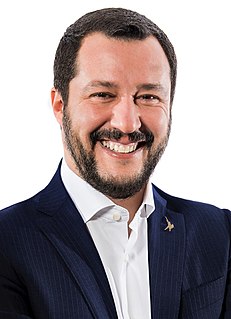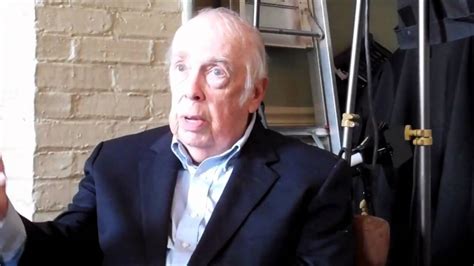A Quote by Stephen D. Cox
The more profound problem, however, is the degree to which many academic intellectuals, especially in the humanities, have lost their ability to distinguish the 'state' from 'society'.
Quote Topics
Related Quotes
Western intellectuals, and also Third World intellectuals, were attracted to the Bolshevik counter-revolution because Leninism is, after all, a doctrine which says that the radical intelligentsia have a right to take state power and to run their countries by force, and that is an idea which is rather appealing to intellectuals.
Anything other than free enterprise always means a society of compulsion and lower living standards, and any form of socialism strictly enforced means dictatorship and the total state. That this statement is still widely disputed only illustrates the degree to which malignant fantasy can capture the imagination of intellectuals.
To salvage a society, it is necessary to aid, abet, raise and increase that state of mind. If you were to set up a perfect government out here which required the intervention of nobody, you would have destroyed the society. But by raising the individual ability of the persons in the society within the framework that they are able to view, raise their ability within the framework they are able to view, you would have achieved a marked advance for that society.
While the universities are increasingly corporatized and militarized, their governing structures are becoming more authoritarian, faculty are being devalued as public intellectuals, students are viewed as clients, academic fields are treated as economic domains for providing credentials, and work place skills, and academic freedom is under assault.
I think it is important that religious leaders of all kinds consciously attempt to distinguish between issues of natural law on which there is consensus among Catholic, Protestant, and Jew and those issues on which there must be a greater degree of tolerance of other peoples' opinions and of the diversity that is characteristic of American society.
There are, however, many challenges to Asian universities. First, academic freedom, in all senses, is much more critical to the success of a university than how much money is spent on infrastructure or on hiring big names. Faculty need to have the space to pursue the research that they are passionate about and the also need to have the freedom to express their opinions in the university, and in the society as a whole.
The error of Socrates must be attributed to the false notion of unity from which he starts. Unity there should be, both of the family and of the state, but in some respects only. For there is a point at which a state may attain such a degree of unity as to be no longer a state, or at which, without actually ceasing to exist, it will become an inferior state, like harmony passing into unison, or rhythm which has been reduced to a single foot. The state, as I was saying, is a plurality which should be united and made into a community by education



































